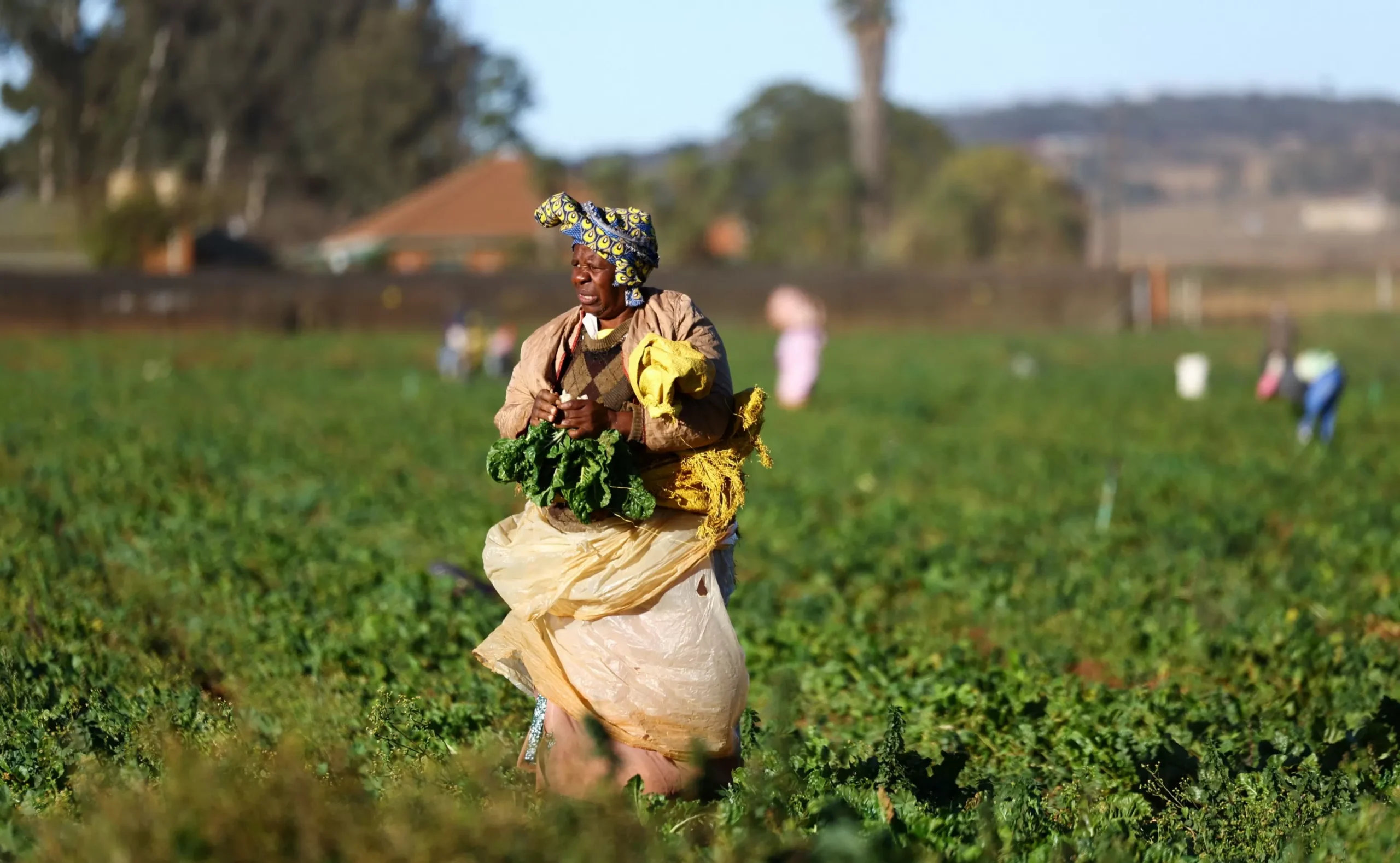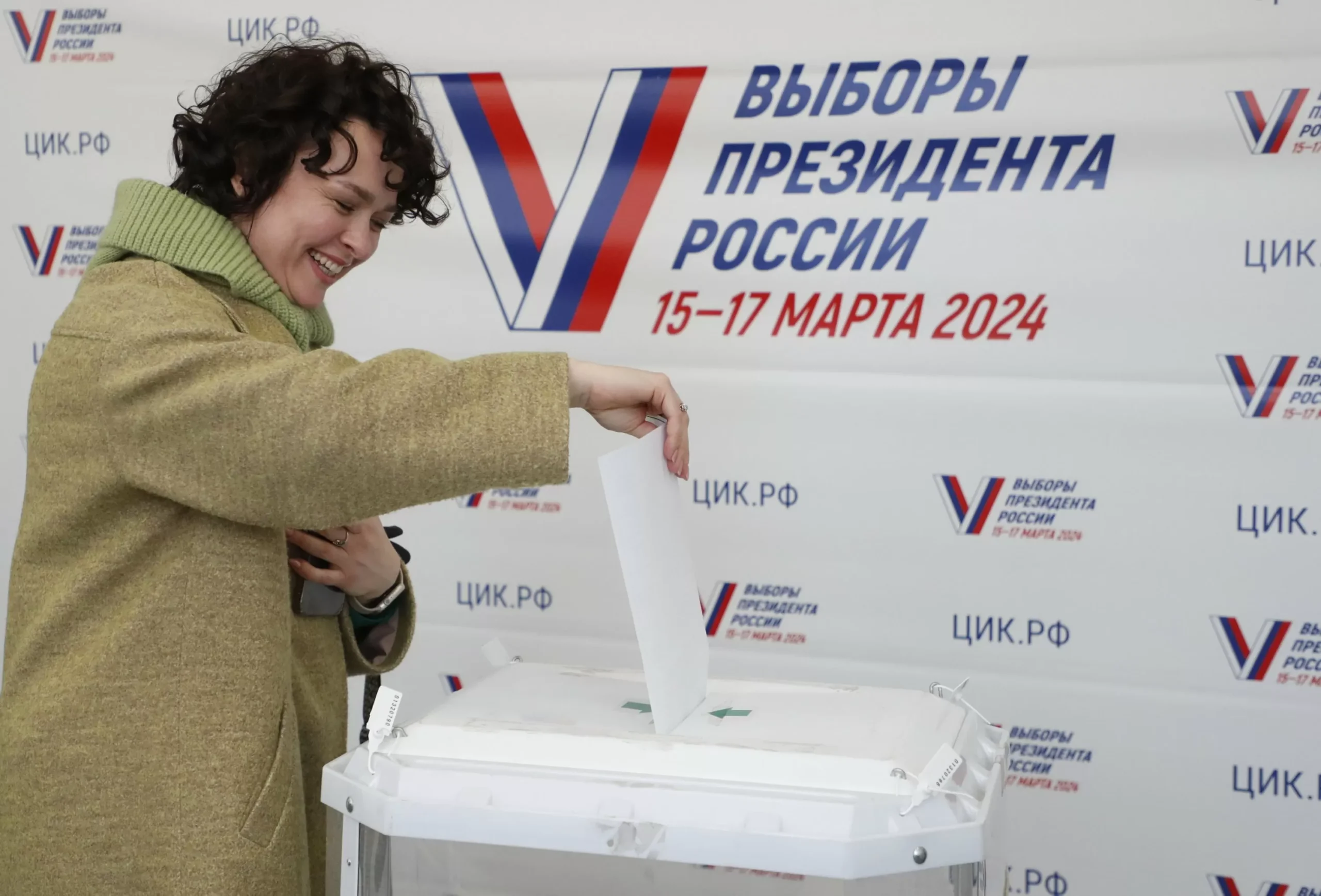South Africans were left outraged and disappointed on Thursday after U.S. President Donald Trump repeated false claims of a ‘white genocide’ targeting farmers during a crucial meeting with President Cyril Ramaphosa. The meeting, which was meant to strengthen the relationship between the two nations, took a sour turn when Trump made these unsubstantiated remarks.
The term ‘white genocide’ has been used by white supremacist groups to claim that white people in South Africa are being systematically killed. However, this claim has been widely debunked by experts and has been described as a dangerous and divisive narrative.
During the meeting, Trump said, “I have heard about the farm murders, and we are deeply concerned about it. I have also heard that there are some terrible things happening to the farmers. It’s a very serious situation, and we are looking into it.” These remarks were met with strong criticism from South Africans, who felt that Trump’s comments were irresponsible and could incite violence.
The South African government has repeatedly stated that there is no evidence of a ‘white genocide’ in the country. In fact, the murder rate for farmers in South Africa is lower than the national average. The government has also emphasized that the violence against farmers is not racially motivated but rather a result of the high crime rate in the country.
President Ramaphosa, who was visibly taken aback by Trump’s comments, responded by saying, “We would like to say that South Africa is one of the most peaceful countries in the world. We are working to ensure that all our people feel safe, including the farmers.” He also invited Trump to visit South Africa to see the situation for himself.
The South African public also took to social media to express their disappointment and frustration with Trump’s remarks. Many pointed out that his comments were not only false but also harmful to the country’s image and efforts to promote unity and reconciliation.
One Twitter user wrote, “As a South African, I am deeply offended by Trump’s comments. We are a diverse and peaceful nation, and his false claims only serve to divide us further.” Another user tweeted, “Trump’s comments are not only irresponsible but also dangerous. He should educate himself before making such baseless accusations.”
The South African government has also condemned Trump’s remarks, with the Department of International Relations and Cooperation releasing a statement saying, “We reject the narrow perception which only seeks to divide our nation and reminds us of our colonial past.” The statement also emphasized that South Africa remains committed to building strong and mutually beneficial relations with the United States.
This is not the first time that Trump has made controversial comments about South Africa. In August 2018, he tweeted that he had asked Secretary of State Mike Pompeo to “closely study the South African land and farm seizures and expropriations and the large-scale killing of farmers.” These comments were also met with widespread criticism and were described as misleading and inflammatory.
The South African government has been working towards land reform to address the historical injustices of apartheid, where the majority of land was owned by white farmers. However, the government has repeatedly stated that land reform will be done in a responsible and constitutional manner, without compromising food security or the economy.
In light of Trump’s comments, it is important to remember that South Africa is a country that has come a long way in terms of reconciliation and nation-building. The country has faced many challenges, but it continues to work towards a better future for all its citizens. False claims and divisive rhetoric only serve to undermine these efforts.
It is also crucial for world leaders to be responsible and well-informed when making statements about other countries. Trump’s comments not only show a lack of understanding of the situation in South Africa but also reflect poorly on the United States as a global leader.
In conclusion, South Africans have voiced their strong criticism towards Trump’s false claims of a ‘white genocide’ targeting farmers. The government and the public have made it clear that these claims are not only untrue but also harmful to the country’s efforts towards unity and reconciliation. It is important for world leaders to educate themselves and promote peace and understanding rather than spreading false narratives. South Africa remains committed to building strong and mutually beneficial relations with the United States, and we hope that Trump will take the opportunity to visit the country and see the truth for himself.





![Complete BritRail Pass Guide [Types, How to Use It, Pros + Cons]](https://inside-news.uk/wp-content/uploads/2025/06/00221EB4-BCA2-4DBB-6CD4-83DBC37D71FA-120x86.webp)












